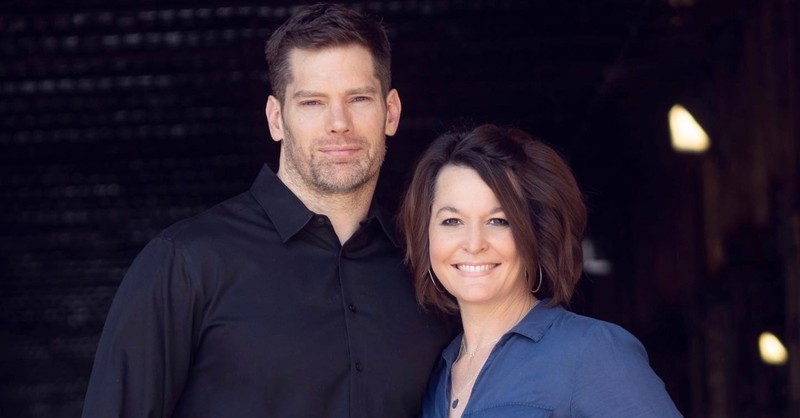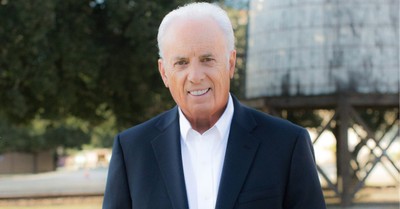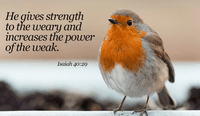
Crosswalk Headlines
Video Headlines
-
![Child Fighting Cancer Overwhelmed When He's Presented with a Puppy]() Child Fighting Cancer Overwhelmed When He's Presented with a Puppy
Child Fighting Cancer Overwhelmed When He's Presented with a Puppy -
![Gardiner Brothers' Jaw-Dropping Dance Routine to Usher's 'Yeah']() Gardiner Brothers' Jaw-Dropping Dance Routine to Usher's 'Yeah'
Gardiner Brothers' Jaw-Dropping Dance Routine to Usher's 'Yeah' - More Video Headlines Articles
Positive Stories
-
![Thoughtful Granddaughter Has a Walt Disney World Surprise for Grandma on Her 91st Birthday]() Thoughtful Granddaughter Has a Walt Disney World Surprise for Grandma on Her 91st Birthday
Thoughtful Granddaughter Has a Walt Disney World Surprise for Grandma on Her 91st Birthday -
![Husband of Cheerleader Krissy Anderson Speaks Out After Losing Both Her and Their Baby]() Husband of Cheerleader Krissy Anderson Speaks Out After Losing Both Her and Their Baby
Husband of Cheerleader Krissy Anderson Speaks Out After Losing Both Her and Their Baby - More Positive Stories Articles
BreakPoint Daily Commentary
-
![Learning the Knowledge to Utilize AI]() Learning the Knowledge to Utilize AI
Learning the Knowledge to Utilize AI -
![How the Early Church's Views on Marriage and Children Shaped History]() How the Early Church's Views on Marriage and Children Shaped History
How the Early Church's Views on Marriage and Children Shaped History - More BreakPoint Daily Commentary Articles
Denison Forum
-
![What Does Israel’s Bold Border Action Mean for Your Future?]() What Does Israel’s Bold Border Action Mean for Your Future?
What Does Israel’s Bold Border Action Mean for Your Future? -
![College Protests Highlight the Need to Teach Truth in Tumultuous Times]() College Protests Highlight the Need to Teach Truth in Tumultuous Times
College Protests Highlight the Need to Teach Truth in Tumultuous Times - More Denison Forum Articles


.jpg)









































